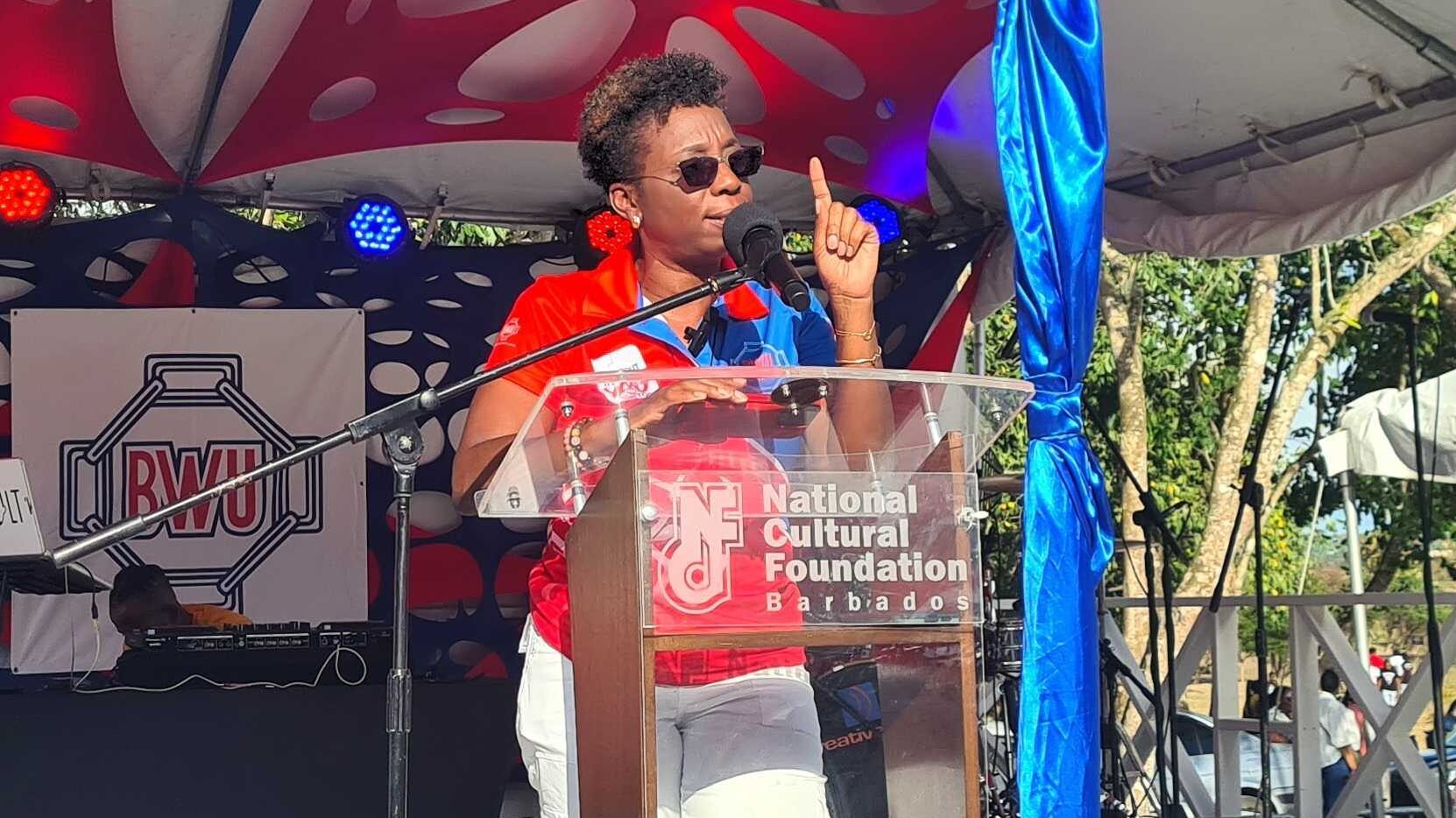Barbados Workers’ Union Advocates for Improved Working Conditions Amid Decreasing Unemployment Rates

Barbados Workers’ Union emphasizes the need for improved working conditions despite declining unemployment rates. May Day event highlights push for better pay and enfranchisement for workers amid economic growth.
While the top brass of the island’s largest labour union is pleased that unemployment rates are declining, it has declared it wants every employee to be subject to better working conditions.
This was the dominant theme of the May Day speech delivered by General Secretary of the Barbados Workers’ Union (BWU) Toni Moore at the organisation’s family fun day and picnic at the National Botanical Gardens.
The latest joblessness figures from the Central Bank of Barbados point to a decline from 8.4 per cent to 7.9 per cent at the end of December last year.
Governor Dr Kevin Greenidge announced on Wednesday that the island had a record-setting winter tourist season that boosted the economy by 4.1 per cent from January to March.
While describing this as good news, Moore said workers still needed enfranchisement in light of the financial hardship Barbados and the rest of the world were experiencing.
She said Barbadians needed more pay.
“It is not enough for workers to have a job,” she said. “It is not enough for us to be hearing the Governor of the Central Bank reporting to us, as we like to hear, that there is economic growth and that unemployment is decreasing. It is good to see unemployment decreasing, but what we need to see across Barbados and what we fight for at the company level and the fight we will maintain at the national level, is it is not good enough until decent work becomes the order of the day. What matters to us in the House of Labour, where people have jobs, [is] that they are jobs that guarantee them a decent condition and decent rates of pay.”
Minister of Labour Colin Jordan also addressed the May Day event, noting that since a national campaign began in 2018, the government and the BWU have been trying to educate people about the importance of domestic work, historically and culturally.
“A lot of effort was put into that work,” he said, adding that the government was still committed to seeing domestic workers receive payment in line with the national minimum wage and working in improved conditions.
“Cabinet at its meeting last week agreed that Barbados will ratify Convention 189 on domestics and so we will be working with the Barbados Workers’ Union beyond the ratification to continue the sensitisation of the important work that domestic workers engage in,” he said.
The Domestic Workers Convention outlines labour standards for domestic workers.
Although general labour laws do not exclude domestic workers, the International Labour Organisation states that in Latin America and the Caribbean, enforcement is a significant challenge, especially since a household is not typically classified as a work environment.


